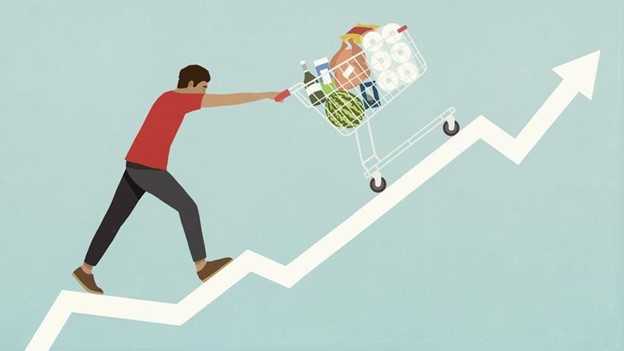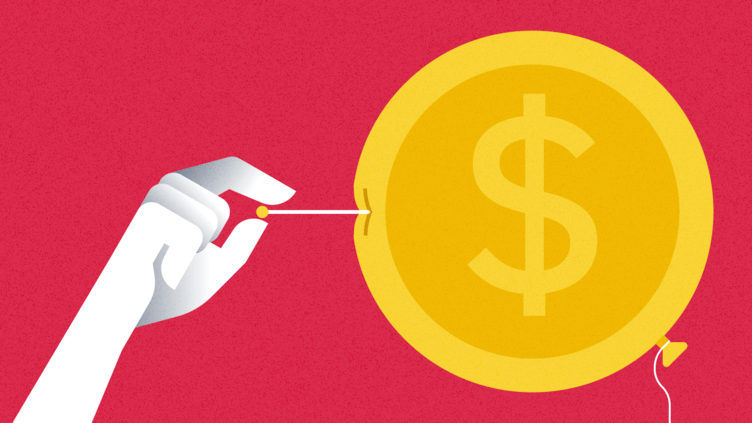 Inflation, a concept familiar yet elusive, is making its presence felt in the economic arena. As prices of goods and services escalate, the impact on consumer purchasing power becomes a central concern. Let’s delve into the effects of inflation on everyday life and explore strategies to navigate this changing economic landscape.
Inflation, a concept familiar yet elusive, is making its presence felt in the economic arena. As prices of goods and services escalate, the impact on consumer purchasing power becomes a central concern. Let’s delve into the effects of inflation on everyday life and explore strategies to navigate this changing economic landscape.
 Understanding Inflation
Understanding Inflation
Inflation is the gradual increase in the general price level of goods and services over time. While a modest level of inflation is considered normal in a growing economy, rapid and sustained inflation can erode the purchasing power of money and disrupt financial planning.
The Hidden Toll on Consumers
As prices rise, the value of money diminishes. What used to cost $100 may now require $120. This phenomenon directly impacts consumers’ ability to purchase the same goods and services they once did. Essential expenses like groceries, housing, and healthcare become more expensive, affecting household budgets.
 Strategies for Navigating Inflation
Strategies for Navigating Inflation
Amid inflationary pressures, individuals can employ several strategies to safeguard their purchasing power:
- Budgeting: Create a detailed budget to track expenses and prioritize essentials.
- Savings: Maintain an emergency fund to buffer against unexpected costs.
- Investing: Diversify investments to hedge against inflation’s impact on cash holdings.
- Consumer Choices: Make informed purchase decisions and consider cost-effective alternatives.
- Debt Management: Pay down high-interest debts to reduce financial strain.
The Role of Central Banks
Central banks play a critical role in managing inflation through monetary policy. By adjusting interest rates and implementing measures to control the money supply, central banks aim to maintain stable price levels and preserve consumer purchasing power.
Conclusion
Inflationary pressures unveil the intricate dance between economic forces and everyday life. As consumers navigate the shifting landscape of prices, informed financial decisions and proactive strategies become essential. By understanding the impact of inflation and adopting prudent approaches, individuals can mitigate its effects and protect their purchasing power.
